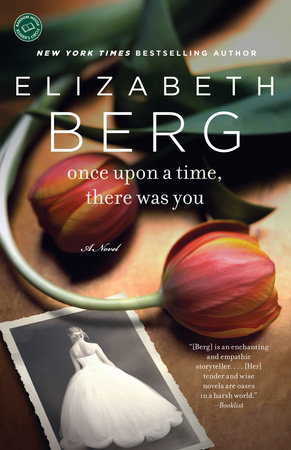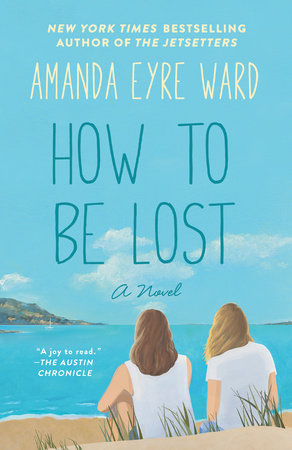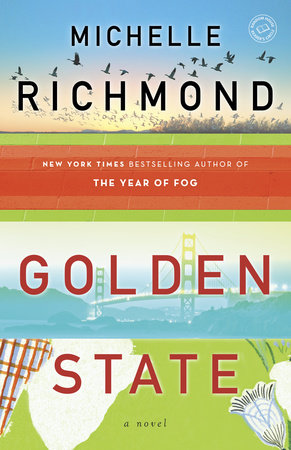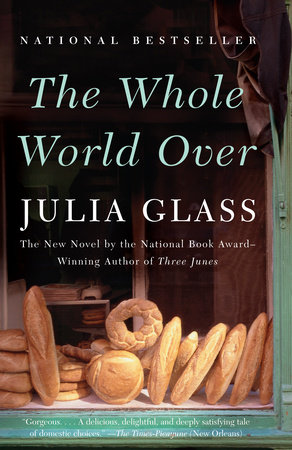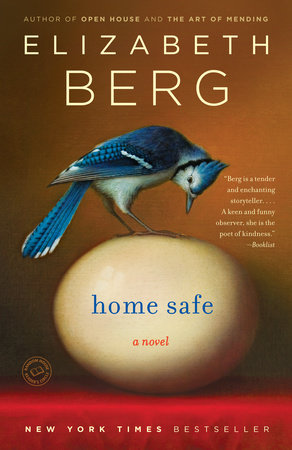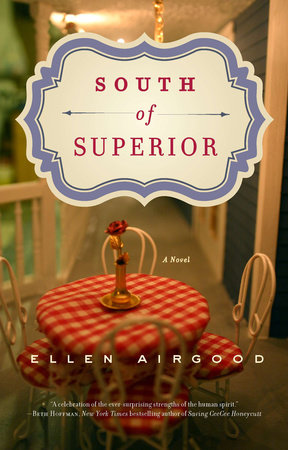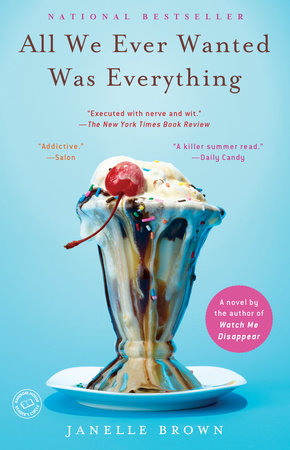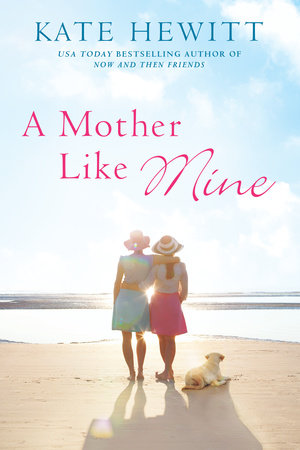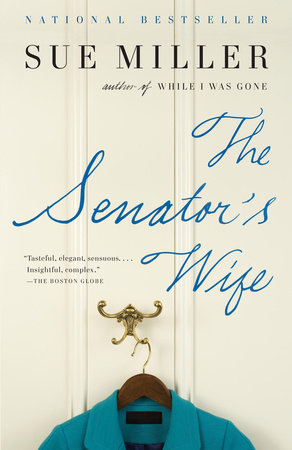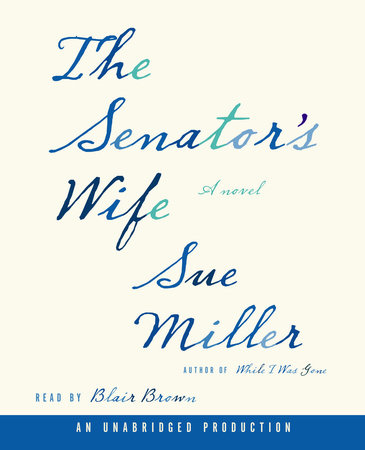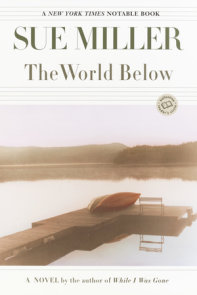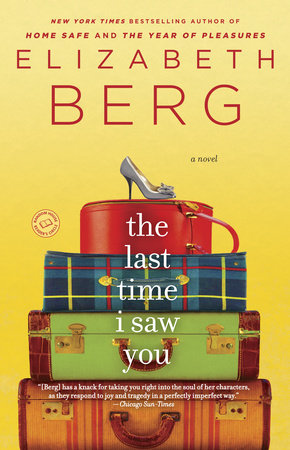Author Q&A
Q: THE SENATOR’S WIFE tells the story of two unconventional women whose lives become intertwined when the younger woman, Meri, moves with her husband to the townhouse adjacent to the one owned by the wife of a New England senator. Was there one event in particular that sparked the idea for THE SENATOR’S WIFE?
A: As is usually the case with me — and I suspect with most writers — it isn’t one event which gets a book going, but a concatenation of things, a "perfect storm", as it were. In this case, I started with an interest in the idea of someone taking in an estranged spouse who was ill, as I’d heard of its happening with several acquaintances. I was also interested in an exploration of sexual jealousy, prompted in part by experience, and in part by the kind of prurient fascination I think we have all shared with the Bill-Hillary-Monica situation; but also with earlier political scandals, like Ted Kennedy and the Chappaquidick disaster, after which Joan Kennedy, to general amazement, campaigned with him; or Gary Hart’s misadventure, which didn’t end his marriage. The terms of those marriages, the adjustments, the pain implicit in them fascinated me. I’d also just read a wonderful book of poetry about marriage and jealousy by Ann Carson, called THE BEAUTY OF THE HUSBAND, and this was wildly in my thoughts.
In pondering how to work with this fictionally, I realized I wanted a way of looking at it from the outside as well as from within — another point of view besides Delia’s. I invented a neighbor, Meri, as fascinated as I was by it all. But in addition, as I discovered while creating her and her life, she offered what I thought of as an interesting contrast — a very different kind of marriage from Delia’s, a different set of terms governing it.
Q: The viewpoint in THE SENATOR’S WIFE flips between Delia and Meri, and the timeline bounces around a bit. How did you handle this as a writer?
A: Like the timeline, I bounced around a bit. I wrote some of it in the order in which you read it, but there were parts that I added after the fact, and there was a good deal of rearranging of the elements as I worked, and then as I revised too. I was aware of not wanting the predictability of one chapter for Delia, then one chapter for Meri. I wanted to work more organically, as I thought of it — with the book’s own emotional logic dictating the order of things.
Q: You never name the New England state where Delia and Meri live, but the town has a very vivid sense of place. What is your relationship with New England and why did you choose not to name the state?
A: I thought if I named the state, it would interfere with the suspension of disbelief for readers — that people would remember who had actually been the senator from that state during the years Tom was supposed to be serving, and this would make entering the book on its own terms perhaps a little more difficult.
I’ve lived in New England for almost fifty years now, though I grew up in Chicago. But my parents were both from New England families, and because my father was an academic, he had long summers off. We always came east for those months — months in which New England, particularly to the child that I was, is paradisiacal. I especially love small towns in New England, though I’m not sure I’d be able to live in one full time. I’m a pretty committed urban creature.
Q: You present a very brave and honest portrait of motherhood through Meri. Being a mother, was this hard for you to write?
A: Being a mother has never made anything hard for me to write because I’ve never written anything directly autobiographical about that experience, and I don’t intend to. But it has offered me insight into feelings and events that I’ve been thrilled, always, to make use of fictionally.
Q: Both Delia and Meri have much internal dialogue—often negative—about their own bodies. Why did you choose to include those thoughts?
A: Delia’s negative thoughts have primarily to do with getting old, and it seemed important to me that the reader feel her age as she feels it — that the reader be intensely aware of her as a person who is elderly.Meri, in fact, loves her body — or has loved it. It’s because her body is changing with pregnancy that she has negative thoughts about it. I don’t think this is inevitable for pregnant women — some feel more beautiful, sexier — but it seemed to me it might be true for Meri, whose pregnancy is not entirely welcome, and who has been so pleased with her strength, her physicality.
Q: THE SENATOR’S WIFE explores many types of relationships: friendship, parenthood, and marriage. Which relationship do you see as the most tenuous?
A: I suspect the degree of tenuousness of all of these kinds of relationships depends almost entirely on who is in them, but I do think for most people being a parent is the least questionable of the three — there’s a kind of absolute commitment required in that situation that makes the connection very powerful. Although then there are the teenage years …
Q: How do you research the specifics of what you write about? For instance, how did you know how a political campaign is run?
A: I read, primarily. For THE SENATOR’S WIFE, I read a couple of books about and by Daniel Patrick Moynihan, because both his age and his politics seemed to me close to what I imagined for Tom. And then by chance I have a wonderful record of multiple life stories in my father’s college alumni records — a history of the doings of all the members of his class as they report it, collected every five years. I have about seven of these tomes, the first written at graduation, the last fifty years later. For THE SENATOR’S WIFE, I read the stories in them of the lives of several of his classmates who were involved in politics; I read accounts of what they did in the war, what they had to say about their marriages, about their children, about the way their lives turned and changed. In addition I read literature about strokes and their sequellae. I read WHAT TO EXPECT WHEN YOU’RE EXPECTING in order to understand Meri’s experience of pregnancy.
But I also purchased a home pregnancy testing kit, which seemed to unnerve the drugstore checkout clerk. And later used it. I went to Emily Dickinson’s home for the experience of being led through an historic residence by a docent. I went to a conference on aphasia in Boston. I watched film interviews with a number of people who suffer in quite different ways with the disease. I walked around the likely streets in Paris and chose a place for Delia to live. And I used experiences from my own life. Aprison writing class I taught. Labor. Being prepped for radio interviews, and then being on the air. House hunting. Shopping at a farmers’ market in New England in the fall. Everything else.
Q: Some of the novel is told through the epistolary form. Do you have a special interest in the art of letter writing?
A: I think I have the interest in letter writing that a lot of people my age do. It was utterly central to my life and my family’s life as I grew up and became a young woman; and it is of diminishing importance now, which seems to me a great loss. I feel as though I’ve come to an understanding of my family’s life in part through its epistolary history — not just from what the letters say, but from thinking about what seems true in the letters, what seems false, and why that might have been. And then there are the horrible letters home I wrote, which my mother saved, and which forced me to consider myself at various ages — again, what was true, what was false, and why I variously told the truth or distorted it.



